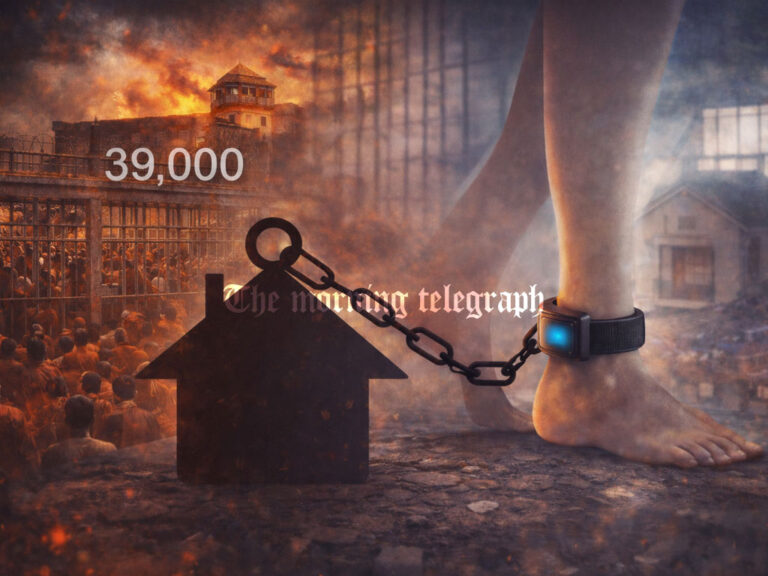
Concerns have arisen over potential political interference in the awarding of the 50 MW wind power plant project in Mannar, despite the project receiving Cabinet approval. Reports suggest that the contract is set to be awarded to a well-known company with political affiliations, even though it was disqualified in the first round of evaluation due to multiple technical and financial shortcomings. This decision has sparked widespread criticism, as it appears to disregard the tender process and technical evaluations that were initially conducted.
During the initial tender process, five companies submitted bids, of which two were rejected in the first round. The company now set to receive the contract was among those that failed compliance inspections and was not even subjected to technical evaluation due to its numerous shortcomings. Following proper procedures, another company was initially selected for the project on the recommendation of the Cabinet Negotiations Committee. However, after appeals were submitted, the Cabinet Committee on Negotiations overturned the decision and recommended awarding the contract to the previously rejected company. This move has raised concerns, as it was done without conducting a technical reassessment, a clear violation of established tender regulations.
Adding to the controversy, the Technical Evaluation Committee strongly opposed the decision, arguing that the selected company lacked technical and financial feasibility. The committee’s report highlighted key deficiencies, including issues related to the company’s identity, insufficient financial capacity, and the lack of experience of the EPC contractor. Despite these significant concerns, the Minister of Power and Energy secured Cabinet approval to proceed with awarding the project to the rejected company. The justification presented in the Cabinet paper was that the company had underbid its competition by $0.23 per kilowatt-hour. However, industry experts argue that tender evaluations involve multiple factors beyond cost, such as financial stability, technical expertise, and overall feasibility.
This decision has fueled speculation that political favoritism may be influencing the country’s energy sector procurement process, potentially compromising transparency and fairness. Critics warn that such actions could set a dangerous precedent, undermining public trust in the government’s ability to handle large-scale infrastructure projects ethically and efficiently.




